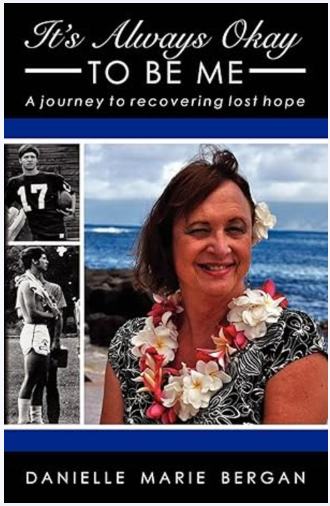The Second District Appellate Court of Illinois approved the expansive protections of the Illinois Human Rights Act for transgender individuals on Friday.
Stemming from the recent Hobby Lobby Stores, Inc. v. Sommerville case, the Court addressed issues of first impression, holding that transgender individuals in Illinois have the right to access restrooms corresponding to their gender identity.
Charges were filed against Hobby Lobby after they denied Meggan Sommerville, a transgender woman access to the women's restroom.
The Court agreed that Hobby Lobby violated the Act both as an employer and as a place of public accommodation by discriminating against Sommerville based on her gender identity.
"I'm pleased to see the court recognize Hobby Lobby's stance against its employee as what it is: discrimination based on gender identity," said Governor JB Pritzker. "Ours is a welcoming and inclusive state, and the Illinois Department of Human Rights will go toe to toe with any employer or business that tries to treat individuals differently because of their identity. Just last month, I convened a round table with leaders in the state's transgender, nonbinary, and gender-nonconforming community to connect with those on the ground, fighting these fights every day, on the work still left to do. In our continued efforts to shape a safer Illinois, my administration is on a mission to lift up and empower those who too often have been overlooked or forgotten."
"The Sommerville decision couldn't have been better for the transgender community in Illinois," said IDHR Director Jim Bennett. "It means that trans individuals have strong protection from discrimination under the Illinois Human Rights Act. Ms. Sommerville's experience of discrimination is certainly not unique, as too many of our transgender friends and neighbors continue to face acts of discrimination and hate. With this decision, the IDHR has been given a clear path to enforce the Commission's orders concerning the rights of trans persons. It is our expectation that Hobby Lobby will comply with the Court's opinion and allow Ms. Sommerville to exercise her right to use the women's bathroom."
The case primarily focused on determining whether prohibiting a transgender woman from accessing the women's restroom violated the Human Rights Act.
The Illinois Human Rights Commission heard the matter and ruled in Sommerville's favor. Still, Hobby Lobby refused to comply and persisted in denying Sommerville access to the women's restroom and chose to appeal the matter to the Second District Appellate Court.
On Friday, the Court affirmed Sommerville's right as a transgender woman to use the women's restroom, categorically rejecting her employer's insistence that reproductive organs or structures are the sole determinants of a person's sex.
Notably, the Act does not treat "sex" as a fixed status or draw distinctions based on a person's genitalia, birth certificates, or genetic information.
The decision also recognized that a person's gender identity is a valid basis for determining a person's sex under the law.
The Court specifically addressed the evolution of Illinois law, noting examples such as a trans person's ability to obtain a birth certificate with a corrected sex marker or a corrected sex designation on a driver's license.
In Sommerville's case, the State of Illinois recognized her gender identity as female when it changed her vital records. And Hobby Lobby recognized her female gender identity when it changed her personnel records.
The Court also affirmed a business's authority under the Act to designate separate "male" and "female" restrooms while at the same time recognizing the right of all persons to access the bathroom that matches their gender identity.
Prohibiting a person from accessing the restroom that matches their gender identity violates the Illinois Human Rights Act.
The Human Rights Commission awarded substantial damages to Sommerville, including the highest amount ever assessed for emotional distress.
The Court rejected Hobby Lobby's contention that the damages were excessive and returned the case to the Commission for further consideration, acknowledging that she may be entitled to additional damages because of the appeal.


